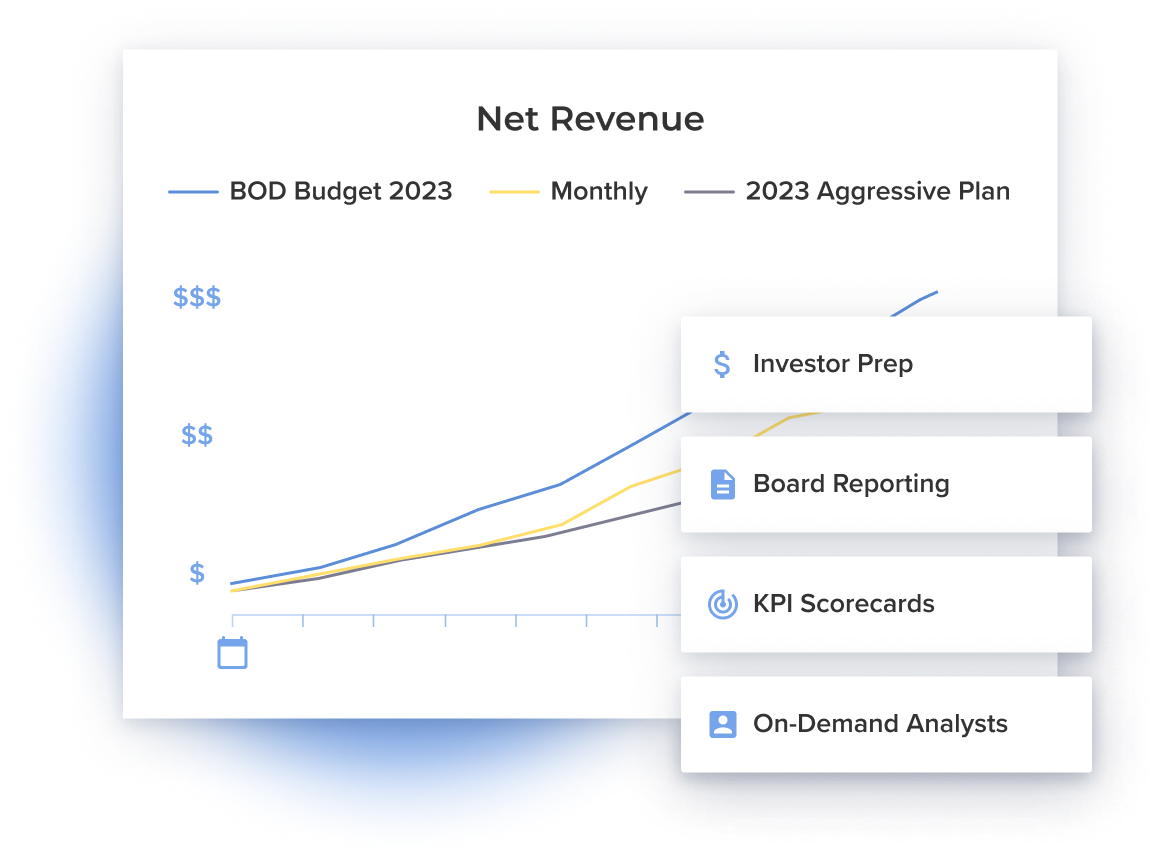The Path to a Successful DTC Exit: Business Sale
.jpeg)
Welcome to the final installment of our four-part blog series on the main paths to exit for any DTC business.
In part one, we focused on the steps you need to take to prepare for an exit. Next, we explored the DTC IPO path, followed by exiting through an acquisition. In this finale, we’re examining how founders can exit by selling the business they built to another entrepreneur.
A founder exit via business sale can look a lot like an acquisition. The distinction between the two is really around the size of the buyer. In an acquisition, you are being bought by a bigger entity and will end up as a small piece of something larger in the process. A business sale occurs when one entrepreneur sells to another with the buyer taking over and running the business after the purchase.
How a Business Sale Works
Business sales are often facilitated by business brokers who act as agents for either the buyer or the seller. For example, a person may decide they want to quit their corporate job to buy and run a business. Instead of trying to research, contact, and do due diligence on all the potential companies themselves, they work with a business broker who either knows of potential companies or will perform cold outreach. Or, a founder may decide they’re ready to sell and will work with a broker to find potential buyers.
Whether you work with a broker or not, the process will involve getting a buyer interested, proving the business is what you say it is, making the buyer comfortable they can take over the business and run it successfully, filing legal documentation, and executing the closing and transition.
Business sales often involve seller’s notes or seller financing. For example, you and the buyer agree on a price of $5 million for the business. But the buyer doesn’t have $5 million in cash. They have $3 million in cash and want to immediately invest $2 million in growth for the new business. A solution would be for you to accept $1 million at closing and then write the buyer a loan for the remaining $4 million. The buyer is borrowing the money to finance the purchase from you. This has several benefits for both parties:
- It’s easier than lining up outside financing.
- Since you are financing the sale, you have leverage to get a higher price. Think of buying a house. If mortgages didn’t exist and we all had to pay cash for our houses, the prices of houses would be a fraction of what they are. Because the buyer can pay you over time (presumably from the cash flow of the business) they can “afford” a higher price.
- It de-risks the purchase for the buyer. If things aren’t as you say they are, the buyer is out less cash. And because you, the Seller, want to receive your money in the future, you are incentivized to present the business as is and do everything you can to make the business successful in the future.
How You Are Valued During a Business Sale
Valuation here is tricky. You can use comps, but data for smaller companies is hard to come by and it’s difficult to compare apples to apples. For example, a comp may be in another segment, at a different size, or use a different margin structure. A comp could have also been bought three years ago, when market conditions were different. Ultimately, the price will come down to what you are willing to accept.
Things for DTC Founders to Keep in Mind
Often the buyer is going to insist you stick around long enough to help with the transition. They are going to want you to make warm intros to key suppliers and customers. They want your help in taking over the team and making sure employees remain after the sale. You’ll also need to show them the ropes on managing various processes and vendors.
Of course, you didn’t sell to keep working indefinitely, so setting a contractual end date is important.
The Best Founder’s Exit
All good things must come to an end, including your time at the company you’ve founded. The best exit path depends on you and your business, so balance the pros and cons of an IPO, acquisition, and business sale to determine how you’d like to part ways. And while that exit may be one, ten, or twenty years from now, planning for that fateful day sooner rather than later will better ensure that you walk away with your pockets (or more like checking account) full.
Interested in seeing how financial models and data can increase the value of your DTC company? Sign up for a Bainbridge demo.
Subscribe to our newsletter

Ready to see what you can do with Drivepoint?
Learn how other consumer and CPG brands are driving margin and cashflow with Drivepoint







